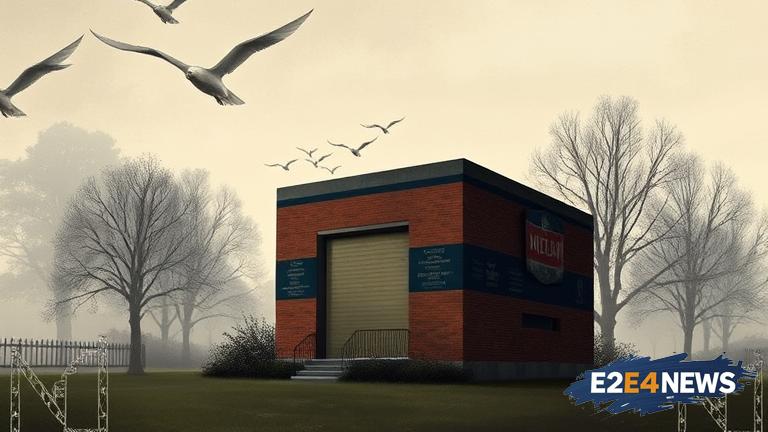The Maryland Lynching Memorial Project is a crucial initiative that seeks to confront the state’s troubled past by memorializing the victims of lynching. Between 1885 and 1940, at least 40 African Americans were lynched in Maryland, with many more cases likely unreported. The project’s primary goal is to create a memorial to honor these victims and provide a platform for their families and communities to share their stories. By doing so, the project hopes to promote racial healing, reconciliation, and education. The initiative is a collaborative effort between local communities, historians, and artists, ensuring that the memorial is a meaningful and respectful tribute to the victims. The project’s research team has been working tirelessly to uncover the stories of the lynching victims, often relying on oral histories and archival records. The team has also been engaging with local communities to gather information and ensure that the memorial is representative of the state’s diverse population. The Maryland Lynching Memorial Project has sparked important conversations about racial injustice and the need for reconciliation. The project’s leaders believe that by acknowledging and confronting the past, Maryland can work towards a more equitable and just future. The memorial will serve as a reminder of the state’s history and the ongoing struggle for racial equality. The project has received support from local government officials, community leaders, and organizations, demonstrating a commitment to addressing the state’s troubled past. The Maryland Lynching Memorial Project is part of a larger national movement to confront and memorialize the history of lynching in the United States. Similar projects have been launched in other states, highlighting the need for a collective effort to address the legacy of racial violence. The project’s impact extends beyond Maryland, serving as a model for other states and communities to follow. The memorial will also provide a space for reflection, education, and community engagement, fostering a deeper understanding of the state’s history and its ongoing impact on contemporary society. Furthermore, the project has sparked a renewed interest in the history of lynching in Maryland, with many schools and universities incorporating the topic into their curricula. The Maryland Lynching Memorial Project has also inspired a new generation of activists and community leaders to engage in social justice work. The project’s success demonstrates the power of community-led initiatives in driving social change and promoting racial justice. In addition to the memorial, the project plans to establish a museum and educational center, providing a comprehensive resource for those seeking to learn more about the history of lynching in Maryland. The project’s leaders believe that education and awareness are key to preventing similar injustices from occurring in the future. By shedding light on the dark past of lynching in Maryland, the project hopes to create a brighter future for all residents of the state. The Maryland Lynching Memorial Project is a testament to the enduring power of community and the importance of confronting the past in order to build a more just and equitable society. Ultimately, the project serves as a reminder that the struggle for racial justice is ongoing, and that collective efforts are necessary to create a more perfect union.





